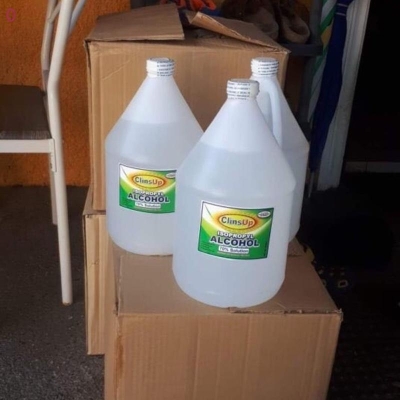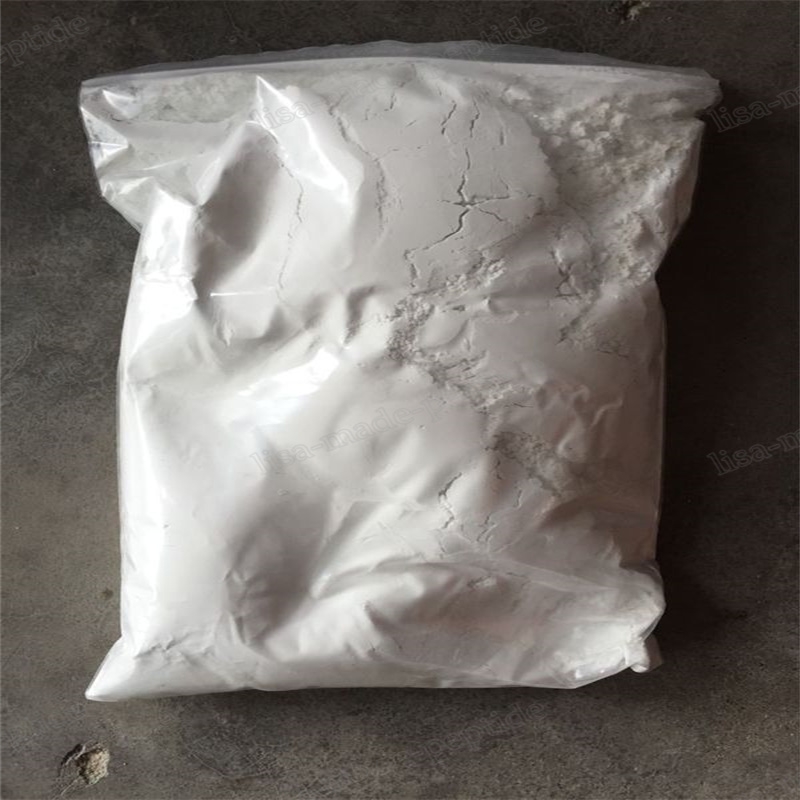-
Categories
-
Pharmaceutical Intermediates
-
Active Pharmaceutical Ingredients
-
Food Additives
- Industrial Coatings
- Agrochemicals
- Dyes and Pigments
- Surfactant
- Flavors and Fragrances
- Chemical Reagents
- Catalyst and Auxiliary
- Natural Products
- Inorganic Chemistry
-
Organic Chemistry
-
Biochemical Engineering
- Analytical Chemistry
-
Cosmetic Ingredient
- Water Treatment Chemical
-
Pharmaceutical Intermediates
Promotion
ECHEMI Mall
Wholesale
Weekly Price
Exhibition
News
-
Trade Service
In Korea, food contact materials and utensils are regulated by the Food Sanitation Act, which serves as a framework regulation to prohibit the addition or use of toxic and hazardous chemicals that may endanger human health in food contact utensils, containers and packaging in Chapter 3 Substances, and requires the Korean Ministry of Food and Drug Safety (MFDS) to develop standards and specifications for related products
.
Recently, MFDS issued Announcement No.
2021-76, which revised some of the contents of the "Standards and Specifications for Tableware, Containers and Packaging", and the revised standard will take effect on January 1, 2022
.
The specific revisions are as follows:
• Added polyketone (ie, copolymer of carbon monoxide, ethylene, and propylene) as a new material for food contact under synthetic resin.
The limit requirements for polyketone include:
Lead≤1.
0 mg/L
Potassium permanganate consumption≤10.
0 mg/L
Total migration amount≤30mg/L
• Divide synthetic resins with similar structures into nine categories, including:
1.
Polyolefin of 6 materials
2.
Esters (12), with succinate-butanediol copolymer (PBS) and succinate-adipate-butanediol copolymer (PBSA) as separate entries
3.
Styrene (5 types)
4.
Amines (3 types)
5.
Acrylic (3 types)
6.
Aldehydes (4 types)
7.
Ethers (5 types)
8.
Vinyl chloride (2 types)
9.
Others (3 species - fluorocarbons, epoxy resins and polyketones);
• Provide specifications for various materials in tabular form for easy reference (including synthetic resins, rubber, regenerated cellulose, paper, metals/alloys, wood, starch, and glass, ceramics, enamels, etc.
);
• Added new regulations for active and smart material packaging;
• Regulate the use of recycled synthetic resins, including revising standards for recycled polyethylene terephthalate (PET)
.
The Ruiou food contact material team has currently conducted research on US food contact material regulations (FDA 21CFR/FCN), EU food contact material regulations ((EU) No.
10/2011, (EC) No.
1935/2004), Chinese food contact materials Regulations (GB9685, GB4806 series), German BfR, Canada LONO, Southern Common Market food contact material regulations (Mercosur GMC No.
39/19), Swiss food contact material regulations (SR 817.
023.
21) and other relevant regulations have carried out in-depth research, With rich project experience, we can provide enterprises with compliance services such as new substance declaration, declaration of conformity (DoC) and substance inquiry in the above countries and regions
.
Source: Korea Ministry of Food and Drug Safety (MFDS)
Note: The copyright of this article belongs to Hangzhou Ruiou Technology Co.
, Ltd.
Please indicate the source when citing or reprinting
.







